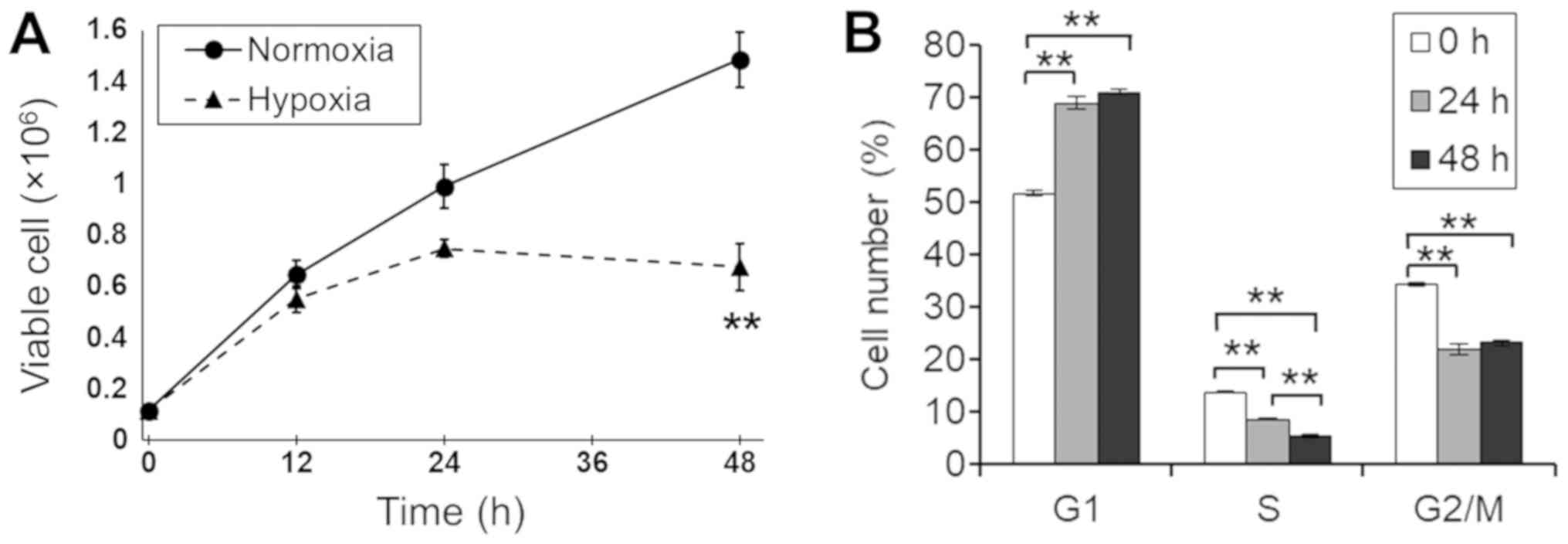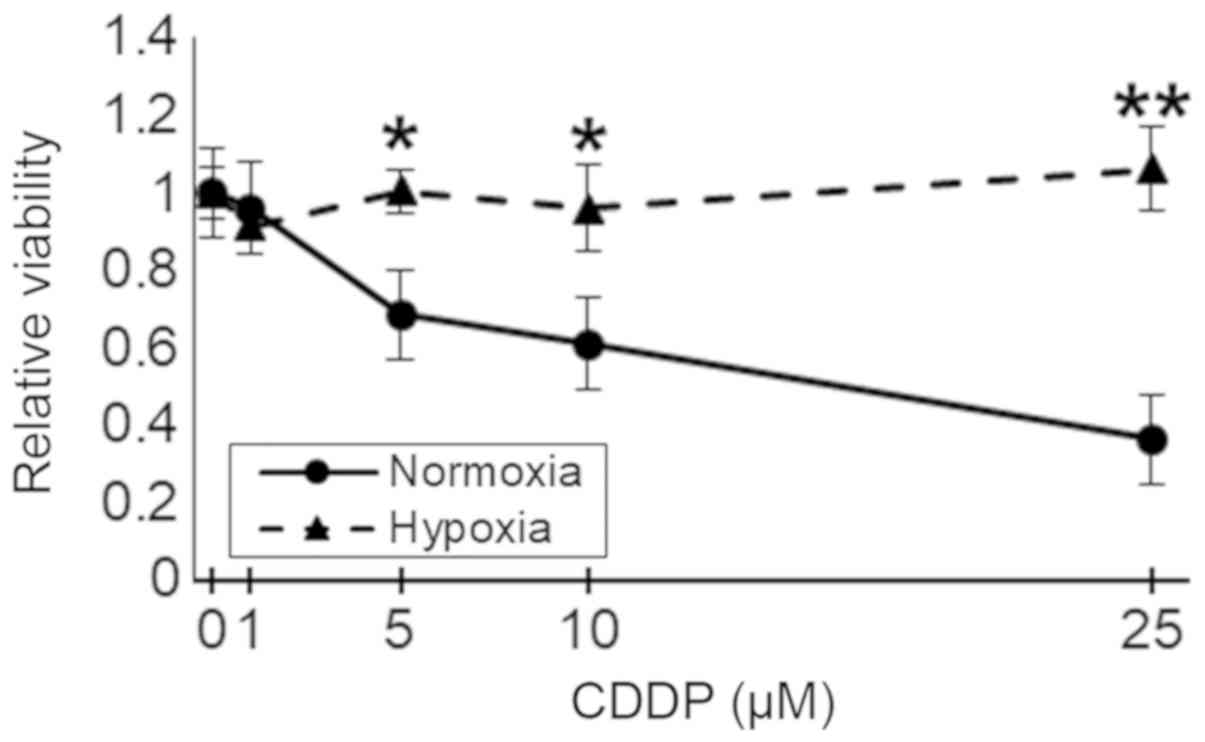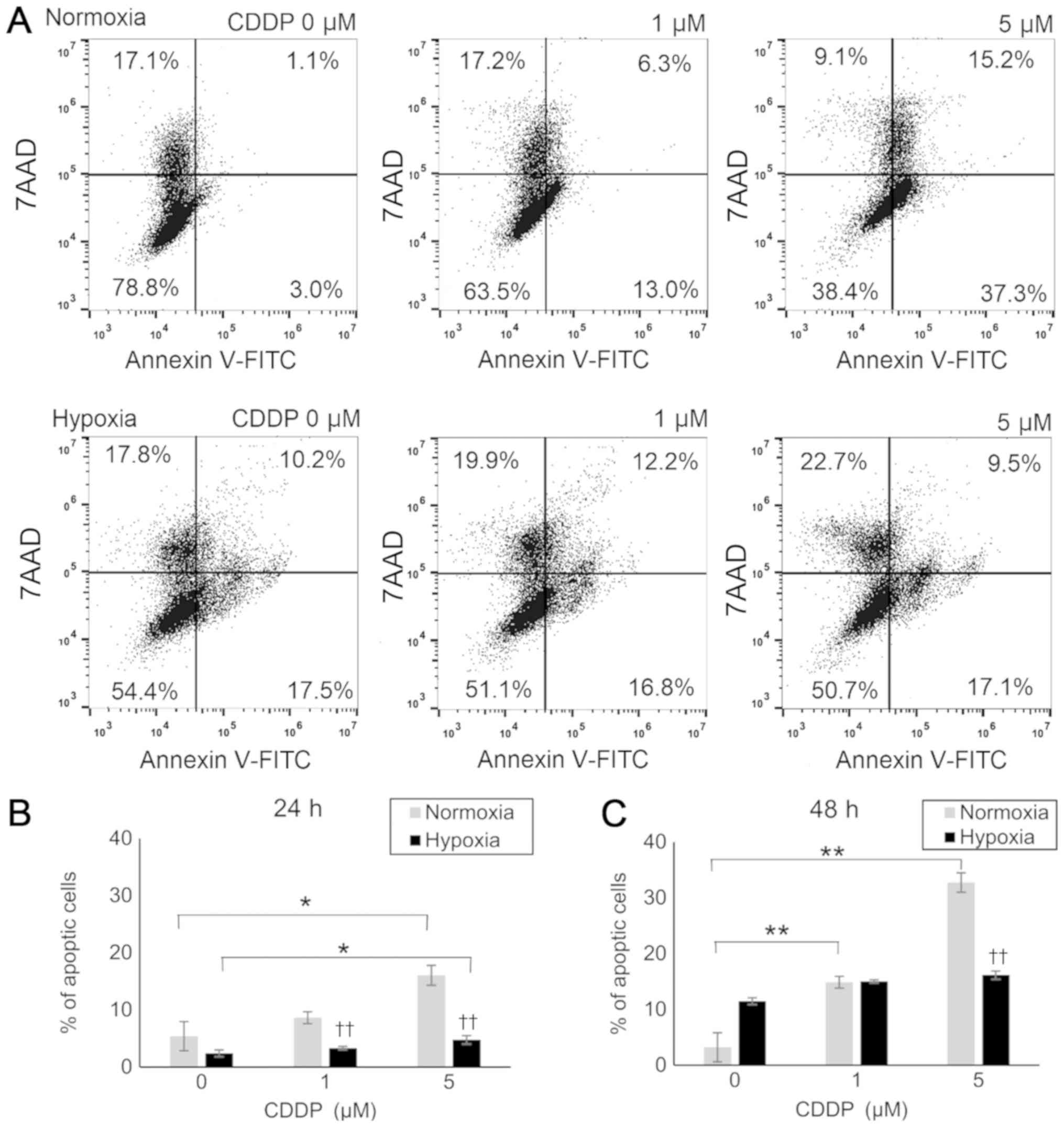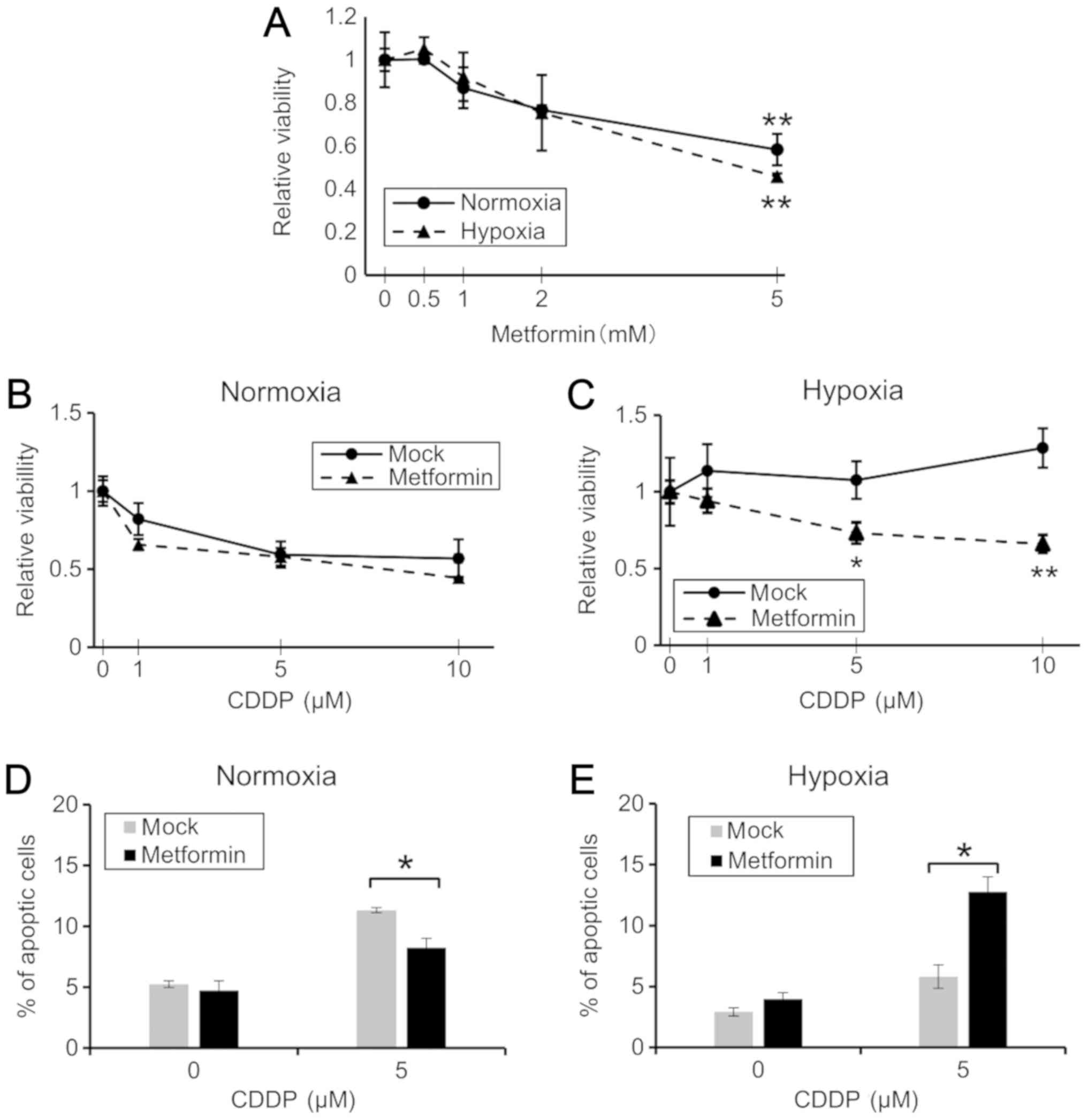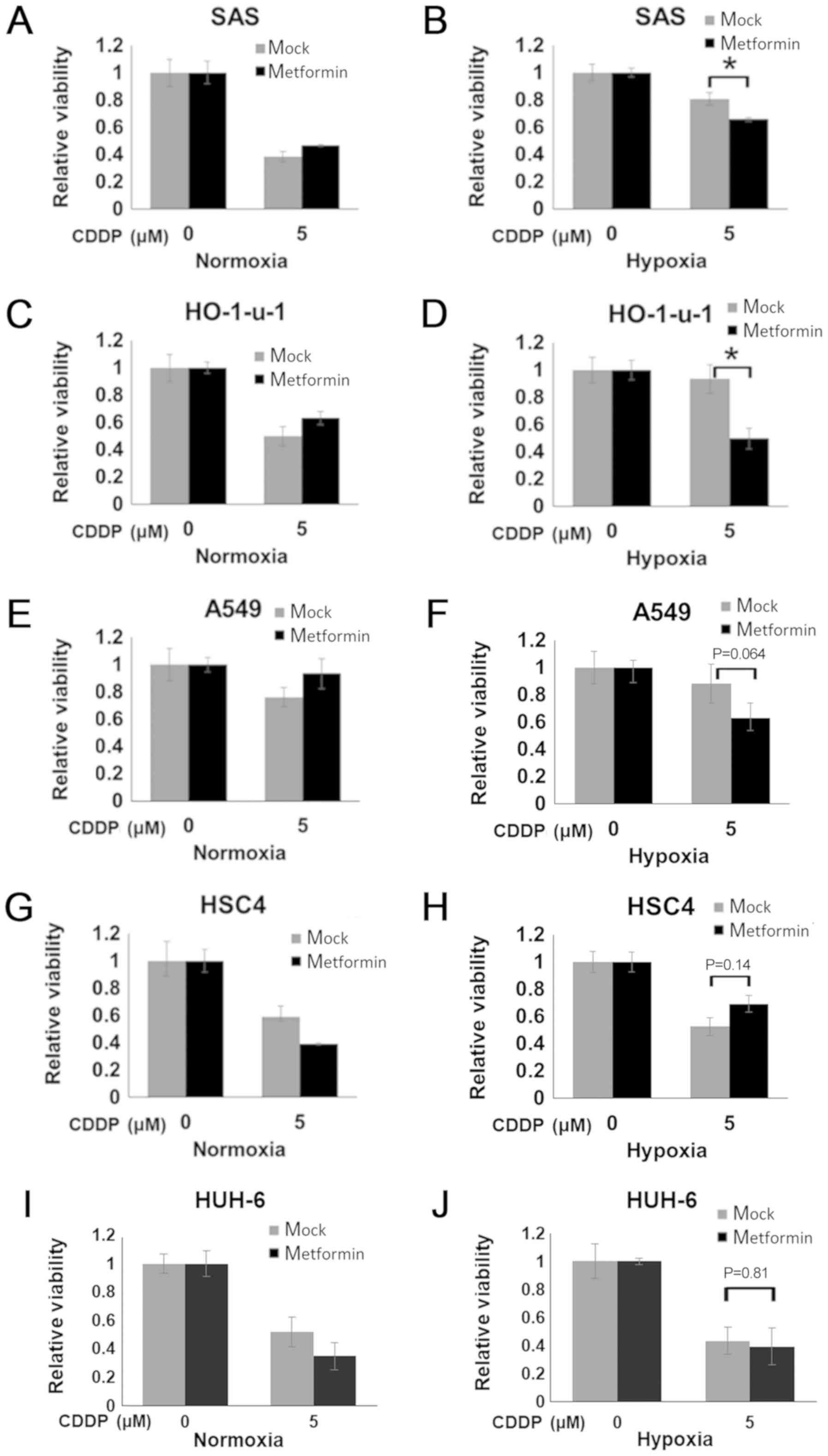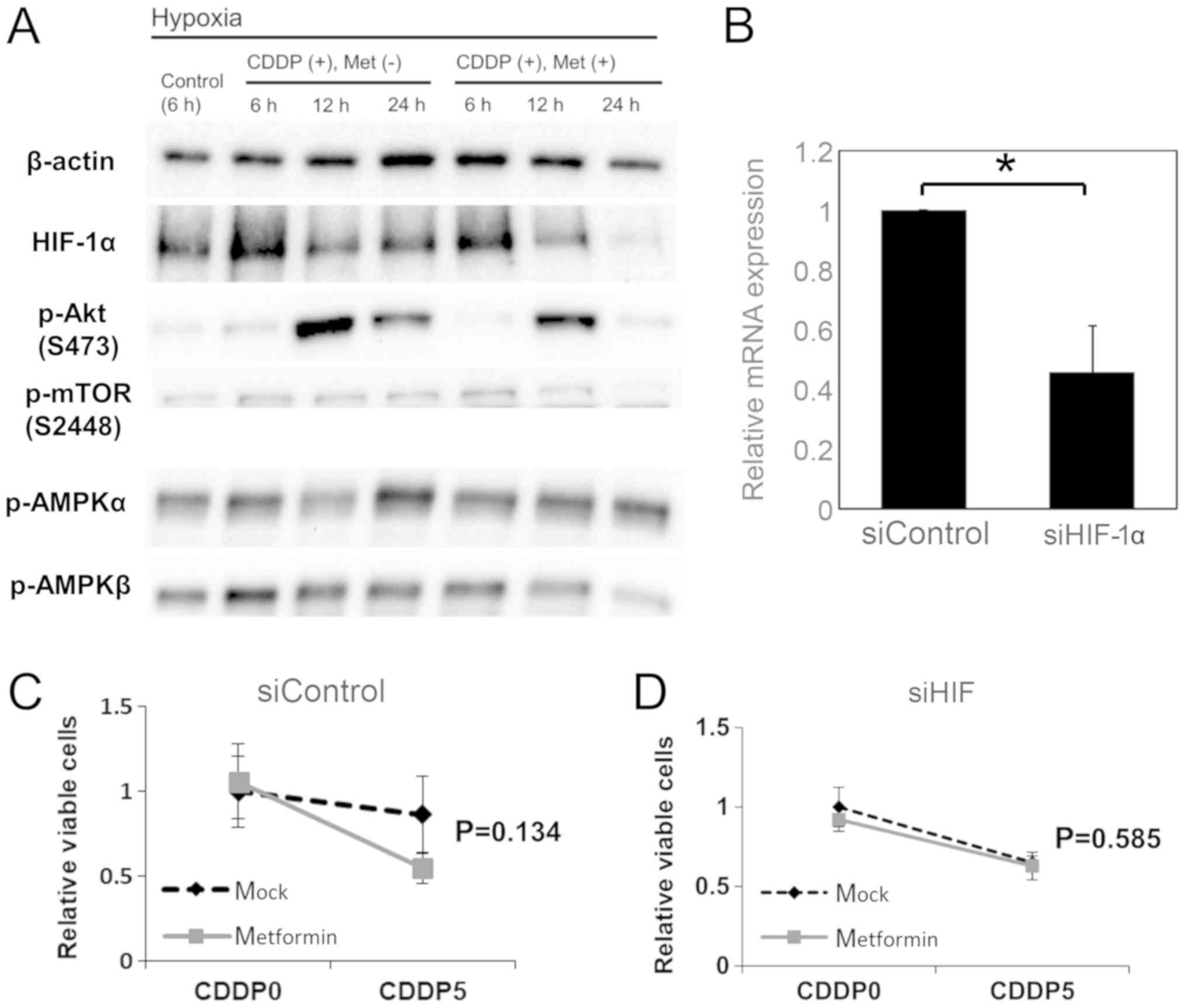|
1
|
Hiyama E: Pediatric hepatoblastoma:
Diagnosis and treatment. Transl Pediatr. 3:293–299. 2014.PubMed/NCBI
|
|
2
|
Czauderna P, Otte JB, Roebuck DJ, von
Schweinitz D and Plaschkes J: Surgical treatment of hepatoblastoma
in children. Pediatr Radiol. 36:187–191. 2006. View Article : Google Scholar : PubMed/NCBI
|
|
3
|
Aronson DC, Czauderna P, Maibach R,
Perilongo G and Morland B: The treatment of hepatoblastoma: Its
evolution and the current status as per the SIOPEL trials. J Indian
Assoc Pediatr Surg. 19:201–207. 2014. View Article : Google Scholar : PubMed/NCBI
|
|
4
|
Zsiros J, Brugieres L, Brock P, Roebuck D,
Maibach R, Zimmermann A, Childs M, Pariente D, Laithier V, Otte JB,
et al: Dose-dense cisplatin-based chemotherapy and surgery for
children with high-risk hepatoblastoma (SIOPEL-4): A prospective,
single-arm, feasibility study. Lancet Oncol. 14:834–842. 2013.
View Article : Google Scholar : PubMed/NCBI
|
|
5
|
Ma J, Gimenez JM, Sandow T, Devun D,
Kirsch D, Gulotta P, Gilbert P and Kay D: Intraarterial
liver-directed therapies: The role of interventional oncology.
Ochsner J. 17:412–416. 2017.PubMed/NCBI
|
|
6
|
Hishiki T: Current therapeutic strategies
for childhood hepatic tumors: Surgical and interventional
treatments for hepatoblastoma. Int J Clin Oncol. 18:962–968. 2013.
View Article : Google Scholar : PubMed/NCBI
|
|
7
|
Hirakawa M, Nishie A, Asayama Y, Fujita N,
Ishigami K, Tajiri T, Taguchi T and Honda H: Efficacy of
preoperative transcatheter arterial chemoembolization combined with
systemic chemotherapy for treatment of unresectable hepatoblastoma
in children. Jpn J Radiol. 32:529–536. 2014. View Article : Google Scholar : PubMed/NCBI
|
|
8
|
Miyayama S and Matsui O: Superselective
conventional transarterial chemoembolization for hepatocellular
carcinoma: Rationale, technique, and outcome. J Vasc Interv Radiol.
27:1269–1278. 2016. View Article : Google Scholar : PubMed/NCBI
|
|
9
|
Sato M, Hirose K, Aoki M, Hatayama Y,
Kawaguchi H, Akimoto H, Narita Y and Takai Y: How can we overcome
hypoxia- and radiation-induced EMT? Contribution of blockade on
HIF-1 and JNK phospholyration with LW6. Int J Radiat Oncol.
90:S7712014. View Article : Google Scholar
|
|
10
|
Zakikhani M, Dowling R, Fantus IG,
Sonenberg N and Pollak M: Metformin is an AMP kinase-dependent
growth inhibitor for breast cancer cells. Cancer Res.
66:10269–10273. 2006. View Article : Google Scholar : PubMed/NCBI
|
|
11
|
Alimova IN, Liu B, Fan Z, Edgerton SM,
Dillon T, Lind SE and Thor AD: Metformin inhibits breast cancer
cell growth, colony formation and induces cell cycle arrest in
vitro. Cell Cycle. 8:909–915. 2009. View Article : Google Scholar : PubMed/NCBI
|
|
12
|
Cantrell LA, Zhou C, Mendivil A, Malloy
KM, Gehrig PA and Bae-Jump VL: Metformin is a potent inhibitor of
endometrial cancer cell proliferation-implications for a novel
treatment strategy. Gynecol Oncol. 116:92–98. 2010. View Article : Google Scholar : PubMed/NCBI
|
|
13
|
Ben Sahra I, Laurent K, Giuliano S,
Larbret F, Ponzio G, Gounon P, Le Marchand-Brustel Y,
Giorgetti-Peraldi S, Cormont M, Bertolotto C, et al: Targeting
cancer cell metabolism: The combination of metformin and
2-deoxyglucose induces p53-dependent apoptosis in prostate cancer
cells. Cancer Res. 70:2465–2475. 2010. View Article : Google Scholar : PubMed/NCBI
|
|
14
|
Rattan R, Graham RP, Maguire JL, Giri S
and Shridhar V: Metformin suppresses ovarian cancer growth and
metastasis with enhancement of cisplatin cytotoxicity in vivo.
Neoplasia. 13:483–491. 2011. View Article : Google Scholar : PubMed/NCBI
|
|
15
|
Bao B, Wang Z, Ali S, Ahmad A, Azmi AS,
Sarkar SH, Banerjee S, Kong D, Li Y, Thakur S and Sarkar FH:
Metformin inhibits cell proliferation, migration and invasion by
attenuating CSC function mediated by deregulating miRNAs in
pancreatic cancer cells. Cancer Prev Res (Phila). 5:355–364. 2012.
View Article : Google Scholar : PubMed/NCBI
|
|
16
|
Kato K, Gong J, Iwama H, Kitanaka A, Tani
J, Miyoshi H, Nomura K, Mimura S, Kobayashi M, Aritomo Y, et al:
The antidiabetic drug metformin inhibits gastric cancer cell
proliferation in vitro and in vivo. Mol Cancer Ther. 11:549–560.
2012. View Article : Google Scholar : PubMed/NCBI
|
|
17
|
Storozhuk Y, Hopmans SN, Sanli T, Barron
C, Tsiani E, Cutz JC, Pond G, Wright J, Singh G and Tsakiridis T:
Metformin inhibits growth and enhances radiation response of
non-small cell lung cancer (NSCLC) through ATM and AMPK. Br J
Cancer. 108:2021–2032. 2013. View Article : Google Scholar : PubMed/NCBI
|
|
18
|
Hirsch HA, Iliopoulos D, Tsichlis PN and
Struhl K: Metformin selectively targets cancer stem cells, and acts
together with chemotherapy to block tumor growth and prolong
remission. Cancer Res. 69:7507–7511. 2009. View Article : Google Scholar : PubMed/NCBI
|
|
19
|
Song CW, Lee H, Dings RP, Williams B,
Powers J, Santos TD, Choi BH and Park HJ: Metformin kills and
radiosensitizes cancer cells and preferentially kills cancer stem
cells. Sci Rep. 2:3622012. View Article : Google Scholar : PubMed/NCBI
|
|
20
|
Cai X, Hu X, Cai B, Wang Q, Li Y, Tan X,
Hu H, Chen X, Huang J, Cheng J and Jing X: Metformin suppresses
hepatocellular carcinoma cell growth through induction of cell
cycle G1/G0 phase arrest and p21CIP and p27KIP expression and
downregulation of cyclin D1 in vitro and in vivo.
Oncol Rep. 30:2449–2457. 2013. View Article : Google Scholar : PubMed/NCBI
|
|
21
|
Zhang M, Moore GA, Lever M, Gardiner SJ,
Kirkpatrick CM and Begg EJ: Rapid and simple high-performance
liquid chromatographic assay for the determination of metformin in
human plasma and breast milk. J Chromatogr B Analyt Technol Biomed
Life Sci. 766:175–179. 2002. View Article : Google Scholar : PubMed/NCBI
|
|
22
|
Mogavero A, Maiorana MV, Zanutto S,
Varinelli L, Bozzi F, Belfiore A, Volpi CC, Gloghini A, Pierotti MA
and Gariboldi M: Metformin transiently inhibits colorectal cancer
cell proliferation as a result of either AMPK activation or
increased ROS production. Sci Rep. 7:159922017. View Article : Google Scholar : PubMed/NCBI
|
|
23
|
Sato M, Hirose K, Kashiwakura I, Aoki M,
Kawaguchi H, Hatayama Y, Akimoto H, Narita Y and Takai Y: LW6, a
hypoxia-inducible factor 1 inhibitor, selectively induces apoptosis
in hypoxic cells through depolarization of mitochondria in A549
human lung cancer cells. Mol Med Rep. 12:3462–3468. 2015.
View Article : Google Scholar : PubMed/NCBI
|
|
24
|
Carroll CE, Liang Y, Benakanakere I,
Besch-Williford C and Hyder SM: The anticancer agent YC-1
suppresses progestin-stimulated VEGF in breast cancer cells and
arrests breast tumor development. Int J Oncol. 42:179–187. 2013.
View Article : Google Scholar : PubMed/NCBI
|
|
25
|
Kong D, Park EJ, Stephen AG, Calvani M,
Cardellina JH, Monks A, Fisher RJ, Shoemaker RH and Melillo G:
Echinomycin, a small-molecule inhibitor of hypoxia-inducible
factor-1 DNA-binding activity. Cancer Res. 65:9047–9055. 2005.
View Article : Google Scholar : PubMed/NCBI
|
|
26
|
Chen J, Wang J, Schwab LP, Park KT,
Seagroves TN, Jennings LK, Miller DD and Li W: Benzimidazole
analogs as potent hypoxia inducible factor inhibitors: Synthesis,
biological evaluation, and profiling drug-like properties.
Anticancer Res. 34:3891–3904. 2014.PubMed/NCBI
|
|
27
|
Guimarães TA, Farias LC, Santos ES, de
Carvalho Fraga CA, Orsini LA, de Freitas Teles L, Feltenberger JD,
de Jesus SF, de Souza MG, Santos SH, et al: Metformin increases PDH
and suppresses HIF-1α under hypoxic conditions and induces cell
death in oral squamous cell carcinoma. Oncotarget. 7:55057–55068.
2016. View Article : Google Scholar : PubMed/NCBI
|
|
28
|
Fujimori T, Kato K, Fujihara S, Iwama H,
Yamashita T, Kobayashi K, Kamada H, Morishita A, Kobara H, Mori H,
et al: Antitumor effect of metformin on cholangiocarcinoma: In
vitro and in vivo studies. Oncol Rep. 34:2987–2996.
2015. View Article : Google Scholar : PubMed/NCBI
|
|
29
|
Wu B, Li S, Sheng L, Zhu J, Gu L, Shen H,
La D, Hambly BD, Bao S and Di W: Metformin inhibits the development
and metastasis of ovarian cancer. Oncol Rep. 28:903–908. 2012.
View Article : Google Scholar : PubMed/NCBI
|
|
30
|
Kato K, Iwama H, Yamashita T, Kobayashi K,
Fujihara S, Fujimori T, Kamada H, Kobara H and Masaki T: The
anti-diabetic drug metformin inhibits pancreatic cancer cell
proliferation in vitro and in vivo: Study of the
microRNAs associated with the antitumor effect of metformin. Oncol
Rep. 35:1582–1592. 2016. View Article : Google Scholar : PubMed/NCBI
|
|
31
|
Liu Y, Zhang Y, Jia K, Dong Y and Ma W:
Metformin inhibits the proliferation of A431 cells by modulating
the PI3K/Akt signaling pathway. Exp Ther Med. 9:1401–1406. 2015.
View Article : Google Scholar : PubMed/NCBI
|
|
32
|
Rocha GZ, Dias MM, Ropelle ER,
Osório-Costa F, Rossato FA, Vercesi AE, Saad MJ and Carvalheira JB:
Metformin amplifies chemotherapy-induced AMPK activation and
antitumoral growth. Clin Cancer Res. 17:3993–4005. 2011. View Article : Google Scholar : PubMed/NCBI
|
|
33
|
Karnevi E, Said K, Andersson R and
Rosendahl AH: Metformin-mediated growth inhibition involves
suppression of the IGF-I receptor signalling pathway in human
pancreatic cancer cells. BMC Cancer. 13:2352013. View Article : Google Scholar : PubMed/NCBI
|
|
34
|
Kalender A, Selvaraj A, Kim SY, Gulati P,
Brûlé S, Viollet B, Kemp BE, Bardeesy N, Dennis P, Schlager JJ, et
al: Metformin, independent of AMPK, inhibits mTORC1 in a rag
GTPase-dependent manner. Cell Metab. 11:390–401. 2010. View Article : Google Scholar : PubMed/NCBI
|
|
35
|
Zhou X, Chen J, Yi G, Deng M, Liu H, Liang
M, Shi B, Fu X, Chen Y, Chen L, et al: Metformin suppresses
hypoxia-induced stabilization of HIF-1α through reprogramming of
oxygen metabolism in hepatocellular carcinoma. Oncotarget.
7:873–884. 2016.PubMed/NCBI
|
|
36
|
Bridges HR, Jones AJ, Pollak MN and Hirst
J: Effects of metformin and other biguanides on oxidative
phosphorylation in mitochondria. Biochem J. 462:475–487. 2014.
View Article : Google Scholar : PubMed/NCBI
|
|
37
|
Yokoyama S, Tsuji H, Hiraoka S and
Nishihara M: Investigation of risk factors affecting lactate levels
in Japanese patients treated with metformin. Biol Pharm Bull.
39:2022–2027. 2016. View Article : Google Scholar : PubMed/NCBI
|
|
38
|
Zhang J, Xu F, Chen K, Zhou S, Li H, Niu C
and Tan X: An effective approach for treating unresectable
hepatoblastoma in infants and children: Pre-operative transcatheter
arterial chemoembolization. Oncol Lett. 6:850–854. 2013. View Article : Google Scholar : PubMed/NCBI
|
|
39
|
Vogl TJ, Scheller A, Jakob U, Zangos S,
Ahmed M and Nabil M: Transarterial chemoembolization in the
treatment of hepatoblastoma in children. Eur Radiol. 16:1393–1396.
2006. View Article : Google Scholar : PubMed/NCBI
|
|
40
|
Czauderna P, Zbrzezniak G, Narozanski W,
Korzon M, Wyszomirska M and Stoba C: Preliminary experience with
arterial chemoembolization for hepatoblastoma and hepatocellular
carcinoma in children. Pediatr Blood Cancer. 46:825–828. 2006.
View Article : Google Scholar : PubMed/NCBI
|
|
41
|
Rhee H, Nahm JH, Kim H, Choi GH, Yoo JE,
Lee HS, Koh MJ and Park YN: Poor outcome of hepatocellular
carcinoma with stemness marker under hypoxia: Resistance to
transarterial chemoembolization. Mod Pathol. 29:1038–1049. 2016.
View Article : Google Scholar : PubMed/NCBI
|















